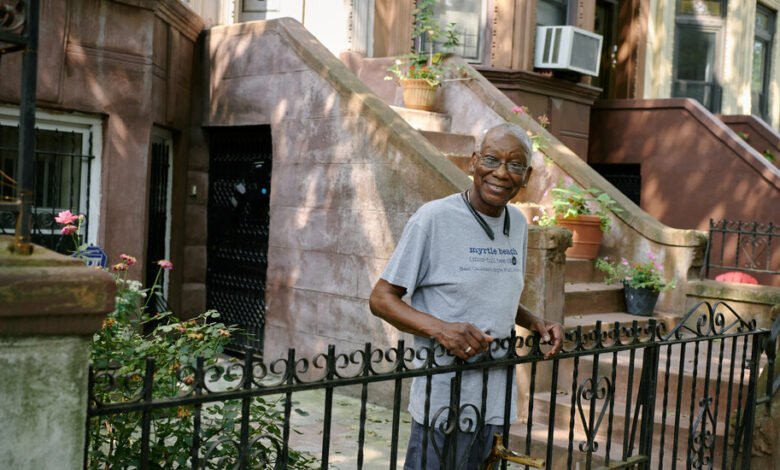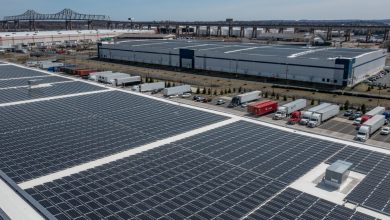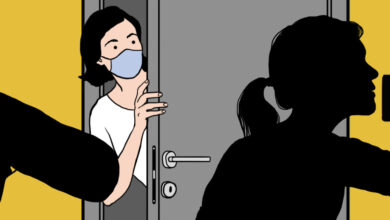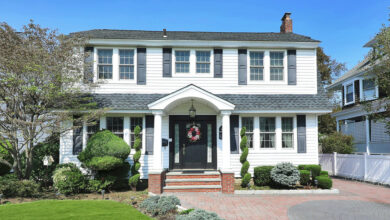What Gentrification Means for Black Homeowners

Mr. Holley remembers when Crown Heights felt like it was “one hundred percent Black.” The area is now less than 50 percent Black. “That doesn’t bother me. It’s some of the people moving in that are problematic,” Mr. Holley said.
Not too long ago, he said, “I noticed a neighbor putting up something out front and I was curious. I went over to strike conversation and before I could finish a sentence, he told me that he didn’t have any money.” Being mistaken for a panhandler by one of his new white neighbors sent a clear message about how the neighborhood was evolving. “I’ve lived here all my life. Only three other people on the block who’ve been here longer than I have,” he said.
Mr. Holley has made peace with the fact that his home likely won’t sell to a Black person, but he feels sad and a little guilty. “Once Black people move out, it’s hard for them to get back into the neighborhood because the gentrification completely prices them out.”
To allay the sense of guilt a Black homeowner might feel when selling their home in a gentrifying community, Dr. Faber noted first and foremost that “these longtime homeowners should be congratulated and appropriately compensated for these investments they made in these neighborhoods when white households were fleeing decades ago.”
He added that the problems associated with gentrification, “such as rising costs of living, increased police harassment, political and social displacement, aren’t caused by Black homeowners.” They are caused, he said, “by forces that move property, like speculative real estate purchasing, the consolidation of rental properties, zoning laws, mortgage markets. All of these things are far more influential than the individual homeowner.”
Despite a long history of Black homeownership in New York City, ever-rising real estate prices have made homes in the city inaccessible to many Black New Yorkers. According to a report on homeownership by the New York University Furman Center, New York City’s homeownership rate in 2014 was just 31 percent, less than half that of the national homeownership rate of 63 percent. Only 26 percent of Black households in the city owned their homes, compared to 42 percent for white households, 39 percent for Asian households, and 15 percent for Hispanic households.
Source link






